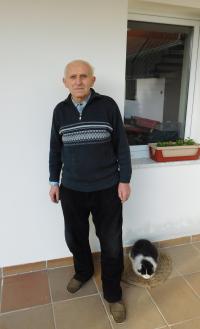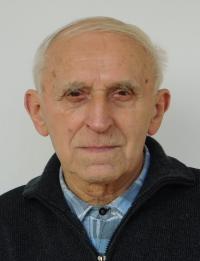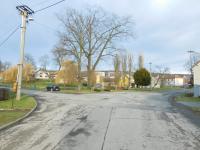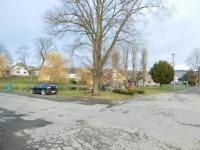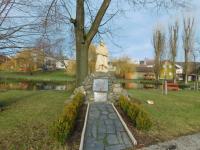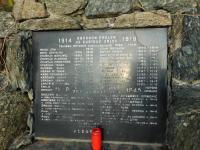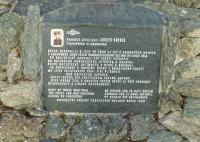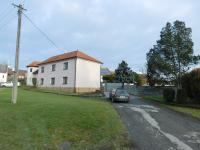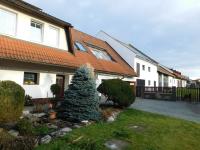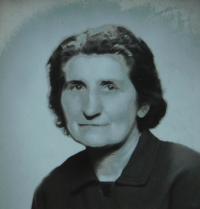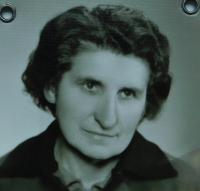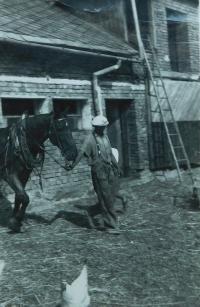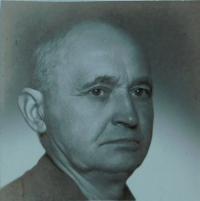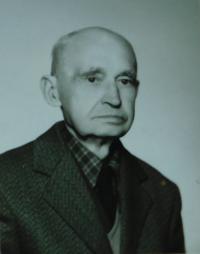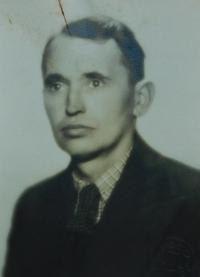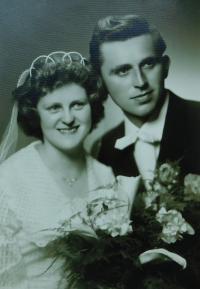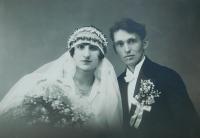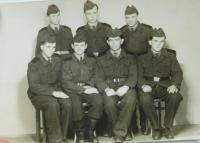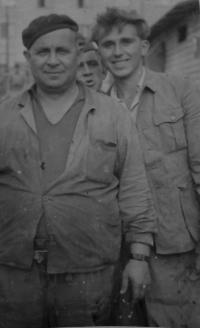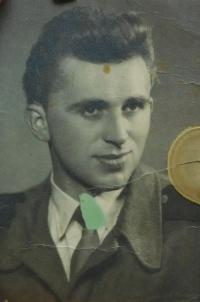We need to break their resistance

Download image
Drahomír Langer was born on November 2, 1932 at the family homestead in Lašťany. His parents refused to join the Unified Agricultural Cooperative (JZD) during the collectivization process. The authorities therefore set very high delivery quotas of agricultural products for them, and when this measure had no effect, they sent their sons to the Auxiliary Technical Battalions (PTP). Drahomír Langer spent twenty-seven months in the PTP, working, among other, in the coal mine Pluto in Litvínov. Both brothers returned home in 1953, but their father was arrested three years later. Since he had failed to meet the required delivery quotas, he was charged with sabotage and the prosecutor proposed six years of imprisonment and confiscation of all property. Other members of the family were to be evicted. The People’s Court in Šternberk was in session on March 26, 1956. Thanks to the testimonies of people whom Drahomír’s father had helped during the war, he was eventually sentenced to one and a half year of imprisonment for endangering the unified agricultural plan. He returned home with poor health. Shortly after the father’s arrest, the communists succeeded in establishing a Unified Agricultural Cooperative in Lašťany. Due to fear, the Langer family joined it just like the vast majority of other farmers from the village. Drahomír subsequently worked in the local JZD farm until his retirement. His father submitted claims for rehabilitation several times, but he has not succeeded, and he has not even lived long enough to see the fall of the communist regime. In 2018, Drahomír Langer was still living in his native house in Lašťany.
